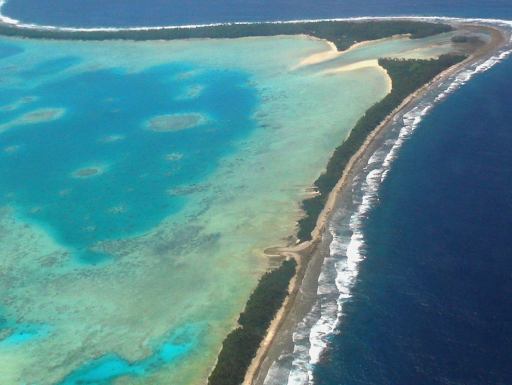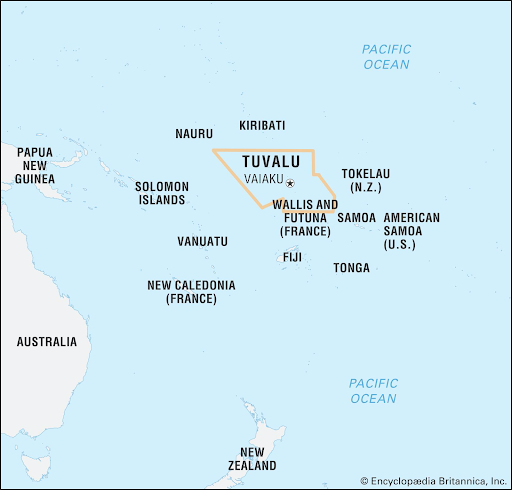



Tuvalu, threatened by rising sea levels, has joined the IUCN as its newest State Member. This move enhances its access to global expertise and climate diplomacy, strengthens biodiversity protection, promotes nature-based resilience, and amplifies the collective voice of vulnerable island nations demanding urgent global action.

Copyright infringement not intended
Picture Courtesy: IUCN
The Government of Tuvalu has officially become the 90th State Member of the International Union for Conservation of Nature (IUCN).

Source: IUCN
|
PRACTICE QUESTION Q. Consider the following statements about the IUCN Red List of Threatened Species: 1. Green pages in the Red Data Book indicate species recovered from an endangered status. 2. "Near Threatened" species face future extinction if current trends persist. Which of the above statements is/are correct? A) 1 only B) 2 only C) Both 1 and 2 D) Neither 1 nor 2 Answer: C Explanation Statement 1 is correct: Green pages in the Red Data Book indicate species that have recovered from endangerment and are no longer threatened. Statement 2 is correct: "Near Threatened" (NT) species on the IUCN Red List are close to qualifying for, or likely to qualify for, a threatened category soon if current trends persist. This acts as an early warning, indicating a need for conservation to prevent further decline. |
The International Union for Conservation of Nature (IUCN) is the world's largest environmental network, dedicated to nature conservation and the sustainable use of natural resources.
The IUCN Red List is a globally recognized inventory of the conservation status of biological species. It uses quantitative criteria to assess extinction risk and categorize species into nine groups, ranging from Extinct to Least Concern.
The IUCN Green Status of Species is a framework that complements the Red List by evaluating the recovery of species populations and the effectiveness of conservation efforts. It measures recovery towards a "fully recovered" state.





© 2026 iasgyan. All right reserved